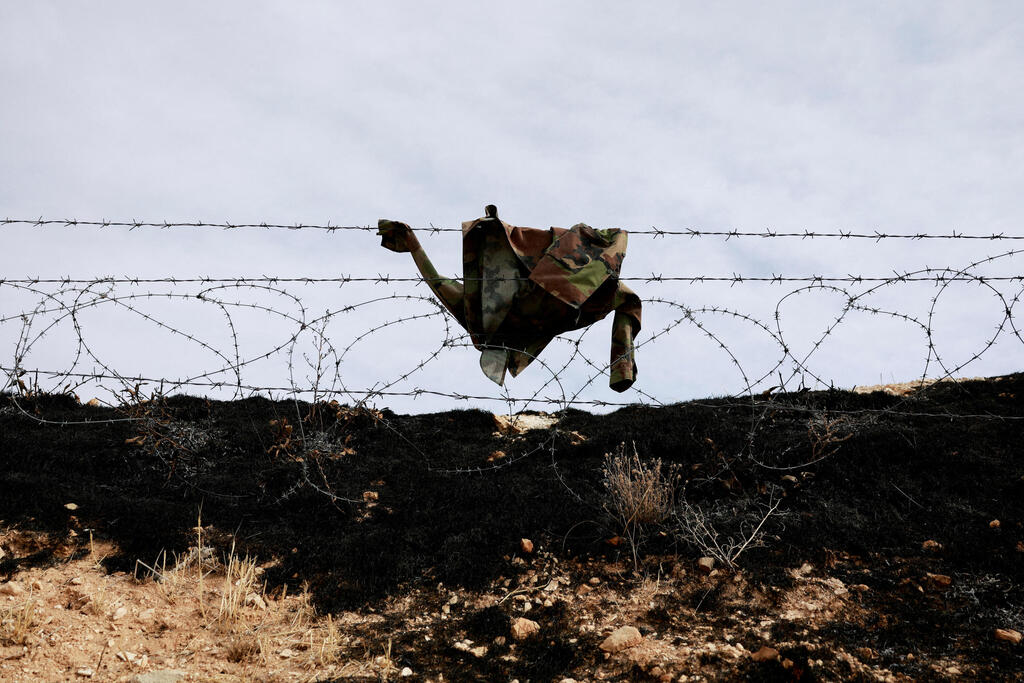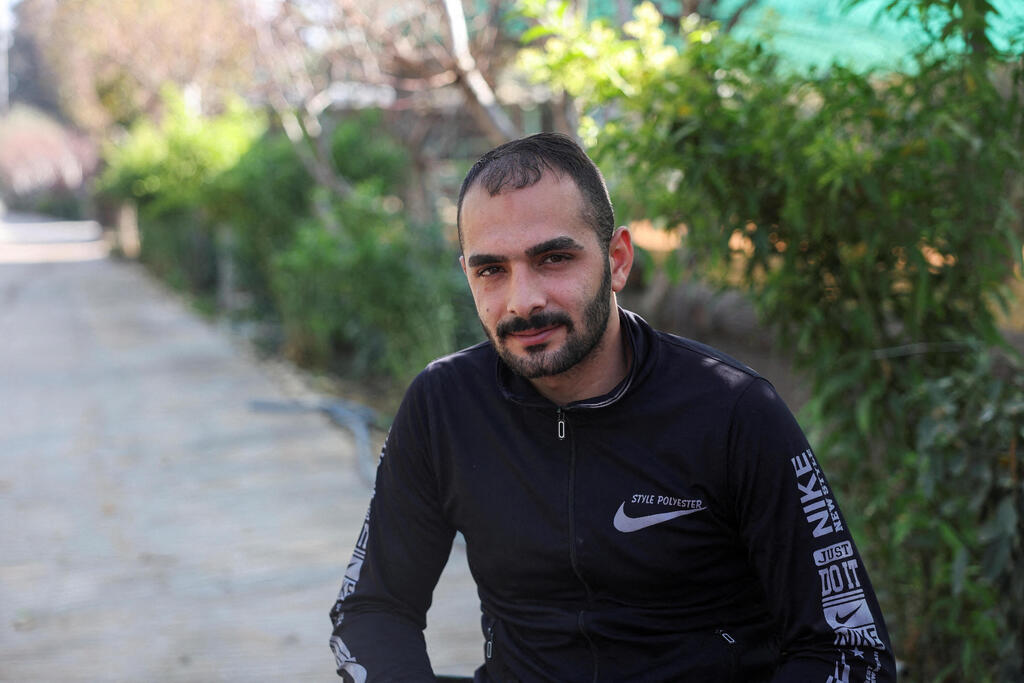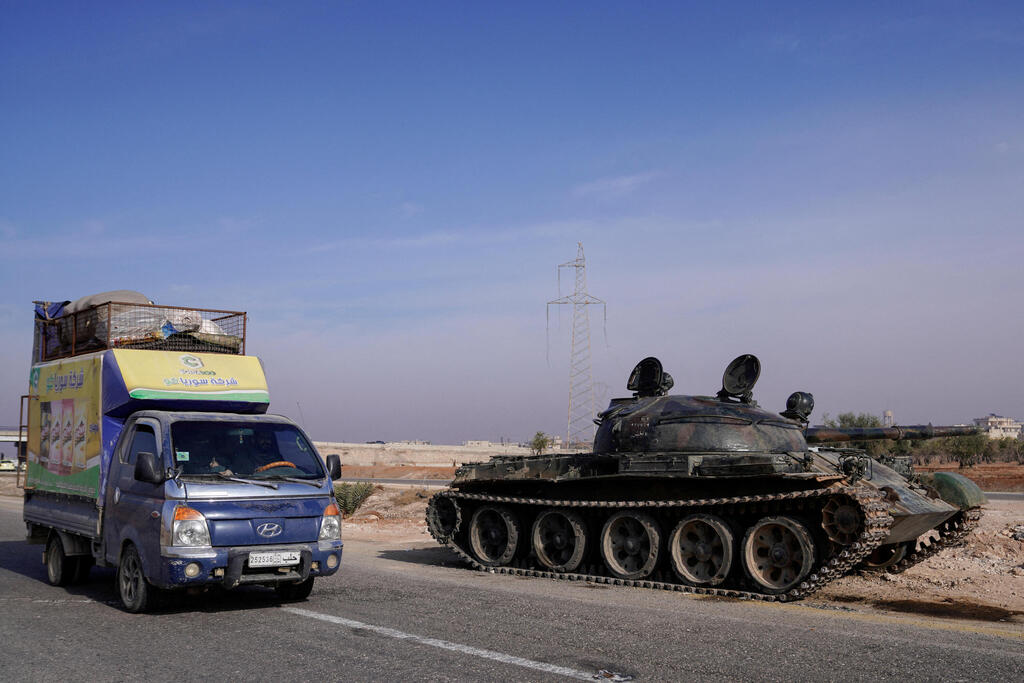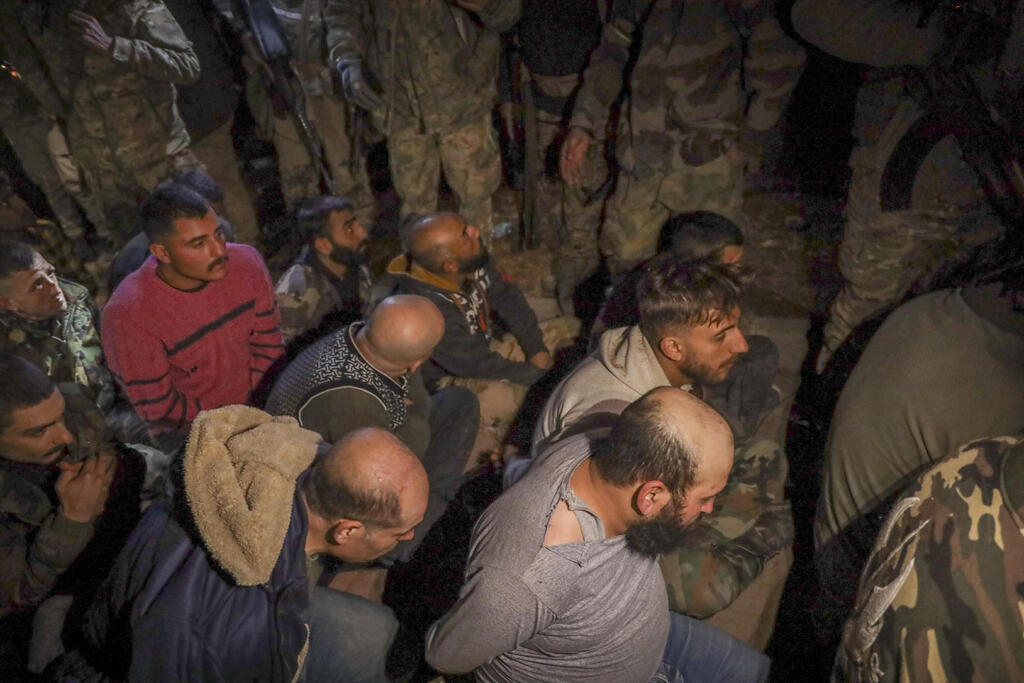Getting your Trinity Audio player ready...
Farhan al-Khuli, 23, was drafted into the Syrian army, received meager pay, and was unmotivated to serve. His military post in Idlib was supposed to consist of nine soldiers but there were only three because the remaining six bribed their way out of service. One of the two soldiers who served with Farhan was declared by his commanders to be mentally unfit and not allowed to be entrusted with weapons.
On Wednesday, November 27, after years of stagnation in the civil war, al-Khuli’s commander called him. The commander, who was in a different post, told him that a convoy of the Hayat Tahrir al-Sham rebel group was rushing towards his post. He said he and his comrades should fight them. Al-Khuli switched his phone to flight mode, changed into civilian clothes, left his rifle in the field, and fled. As he walked south, he saw other groups of soldiers also abandoning their positions.
Earlier this week, less than two weeks after the start of a surprise attack, the rebels managed to conquer Syria and defeat Bashar Assad who fled his country. The civil war ended in a resounding defeat for the Syrian army. Syrian officials, and commanders of pro-Iranian militias from Iraq, spoke to Reuters and described the collapse of the Syrian army. They describe low morale, corruption among military officers, and excessive dependence on allies who helped Assad in the war and were forced to change their priorities.
Dependence on allies
The extensive Russian aid, the manpower from Iran and Hezbollah, along with pro-Iranian militias, assisted Assad to control most of Syria. His allies provided him with elite fighters, and Iranian military advisers were responsible for a significant part of the Syrian army operations. In early April, after the attack in Damascus attributed to Israel that killed senior commanders in the Revolutionary Guards, many Iranian advisers left Syria. The rest deserted last week. Hezbollah fighters and their commanders left Syria in October to focus on the war against Israel in Lebanon.
After the Iranians and Hezbollah deserted, the Syrian army was left without a coherent plan of action or defensive strategy, especially in Aleppo, Syria’s second largest city. In late November, when the rebels attacked the city, the forces on the ground were given no clear plan for how to defend it. They were forced to formulate such a plan themselves, or retreat to the strategic city of Homs in an attempt to regroup.
Mass defection from the army
Aleppo fell to the rebels without a real fight on November 29, just two days after the start of the surprise attack, and its fall devastated the Syrian army. The army on the ground was left with a disconnected, poorly trained, and understaffed army. Some officers released soldiers from service in exchange for bribes. Others told soldiers to go home and took their salaries.
On November 28, the day after the start of the surprise attack, the Syrian army ordered all forces to be on full alert, ready for battle. On December 1, after a military post in southern Syria was captured by rebels without resistance, the regime threatened that soldiers who did not fight back would be punished. Despite the threats, more and more soldiers and officers began to desert from the army. Instead of confronting the rebels, the soldiers were seen abandoning their positions, changing into civilian clothes, and going home.
The corruption of Syrian military officers
Farhan al-Khuli's story, who deserted his post near Idlib, illustrates the problems of Assad’s army. Farhan was drafted at age 19 for 18 months of compulsory service. He was supposed to join at age 18, but managed to bribe an officer and delay his enlistment for a year. When his compulsory service ended, he was required to remain in the army indefinitely. He deserted but was caught, sent to prison for 52 days, and then sent to the northern post.
Al-Khuli received a monthly military salary of 500,000 Syrian pounds ($40). He sometimes used his entire military salary to buy food, while some of his better-off comrades paid officers $100 to get out of the army. One source who spoke to Reuters described Assad’s reliance on conscripts as a “fatal mistake.”
Zuhair, a 28-year-old former soldier, told Reuters about the corruption of Syrian army officers. He said he saw them steal and sell generators and fuel which belonged to the army. “All they cared about was exploiting their position to get rich,” he said. Zuhair fought for Assad’s regime for years, while his cousins fought with the rebels. When they quickly took control of Syria, he cheered them on. “I can’t describe how happy I am,” he said.
Iran and Hezbollah abandon Assad
To fight the uprising against him, which began in 2011, Assad had relied on his allies. Russia sent warplanes to Syria to bomb rebel positions, Iran sent military advisers and Hezbollah forces have crossed the border from Lebanon into Syria to fight Assad's battles. Pro-Iranian militias from Iraq and Shiite fighters from Afghanistan have also been sent to the field. The fighters who came from outside were much more skilled than any Syrian soldier.
An Iraqi militia commander who served near Aleppo said that during his service he knew a Syrian platoon that was supposed to have 30 soldiers, but in fact, only eight were present. The militia fighters invited those soldiers to eat with them, out of pity for the poor conditions and meager pay they received. Hezbollah and militia fighters treated Syrian army soldiers with disdain. They did not trust them in important operations and generally avoided fighting alongside them.
Sources who spoke to Reuters said amid the war in Gaza, Israel increased its attacks on Iranian targets in the region, including Syria. This may have led to Iran reducing its presence in Syria in the months after the Hamas attack on October 7 last year.
On April 1, senior commanders of Iran’s Revolutionary Guards were killed in the Iranian consulate building in Damascus, significantly reducing the number of IRGC commanders in Syria. One of the Iraqi officials who spoke to Reuters said that the Syrian army’s operational command subsequently became ineffective, and when Hezbollah left in October. The situation shortly thereafter worsened and Assad’s army had no operational plan. The Russian military continued to attack rebels who were advancing on Hama and Homs from the air, but there were no soldiers on the ground to act.
Get the Ynetnews app on your smartphone: Google Play: https://bit.ly/4eJ37pE | Apple App Store: https://bit.ly/3ZL7iNv
In the city of Aleppo, the Syrian army relied on Hezbollah commanders. Without Hezbollah members, or Iranian advisers, the army would not have been able to hold the areas it controlled near the city. Last week, pro-Iranian militias sent reinforcements to Syria, but militia fighters discovered that contact with Iranian military advisers had been cut off and that those advisers were no longer running the campaign. Last Friday, after rebels captured Hama, militia fighters were told to leave. “The battle for Syria was lost from day one,” an Iraqi official told Reuters.







